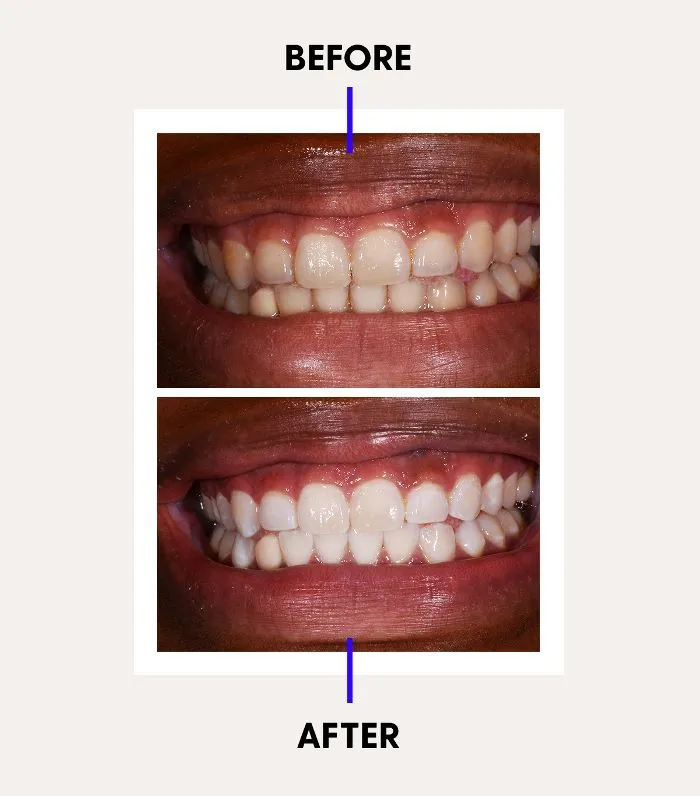Understanding Laser Teeth Whitening and Aftercare
Laser teeth whitening is a popular cosmetic dental procedure designed to brighten your smile significantly. While the treatment itself is quick and effective, the aftercare is crucial for maintaining your newly whitened teeth and ensuring the longevity of your results. Understanding the process and the importance of aftercare is the first step in achieving and preserving a dazzling, bright smile. This includes knowing which foods to eat and avoid.
What is Laser Teeth Whitening
Laser teeth whitening, often referred to as in-office whitening, typically involves the application of a high-concentration bleaching agent to the teeth. A special laser light then activates the whitening agent, accelerating the process and breaking down stains and discoloration. This procedure can significantly lighten teeth in a single visit, offering dramatic results. The entire procedure is usually completed within an hour, making it a convenient option for many individuals seeking immediate results. The effectiveness depends on the original shade of your teeth and the type of stains present.
The Importance of Aftercare
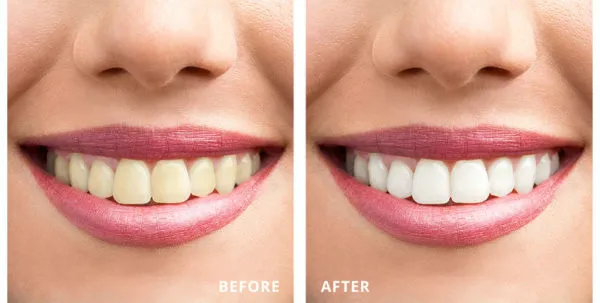
After laser teeth whitening, your teeth are more porous and susceptible to staining. The enamel is temporarily dehydrated, making it easier for pigments from food and drinks to penetrate and re-stain your teeth. Following a strict aftercare plan, especially concerning your diet, is vital during the initial period to prevent staining and maintain the results of your whitening treatment. Proper care also extends the life of your brightened smile, allowing you to enjoy your investment for a longer duration. Consistent and mindful care is key to success.
Foods to Eat After Laser Teeth Whitening
Choosing the right foods after laser teeth whitening is essential to protect your newly whitened smile. The following are the best food choices. Opting for a ‘white diet’ or a diet primarily consisting of light-colored, non-pigmented foods will help you keep your teeth stain-free and your smile bright. This involves avoiding foods and drinks that can potentially cause discoloration and focusing on those that are safe for your teeth and overall oral health. Planning your meals ahead of time will help you make informed decisions and stay committed to your aftercare plan.
White and Clear Proteins
Proteins are essential for overall health, and certain options are safe after laser teeth whitening. Choose proteins that are light in color and won’t stain your teeth. Preparing your meals with these ingredients not only supports your health but also protects the brightness of your teeth. Always ensure that the preparation methods do not involve staining ingredients like soy sauce or dark spices. These will help to keep your teeth bright while still providing the nutrients your body needs.
Chicken and Turkey
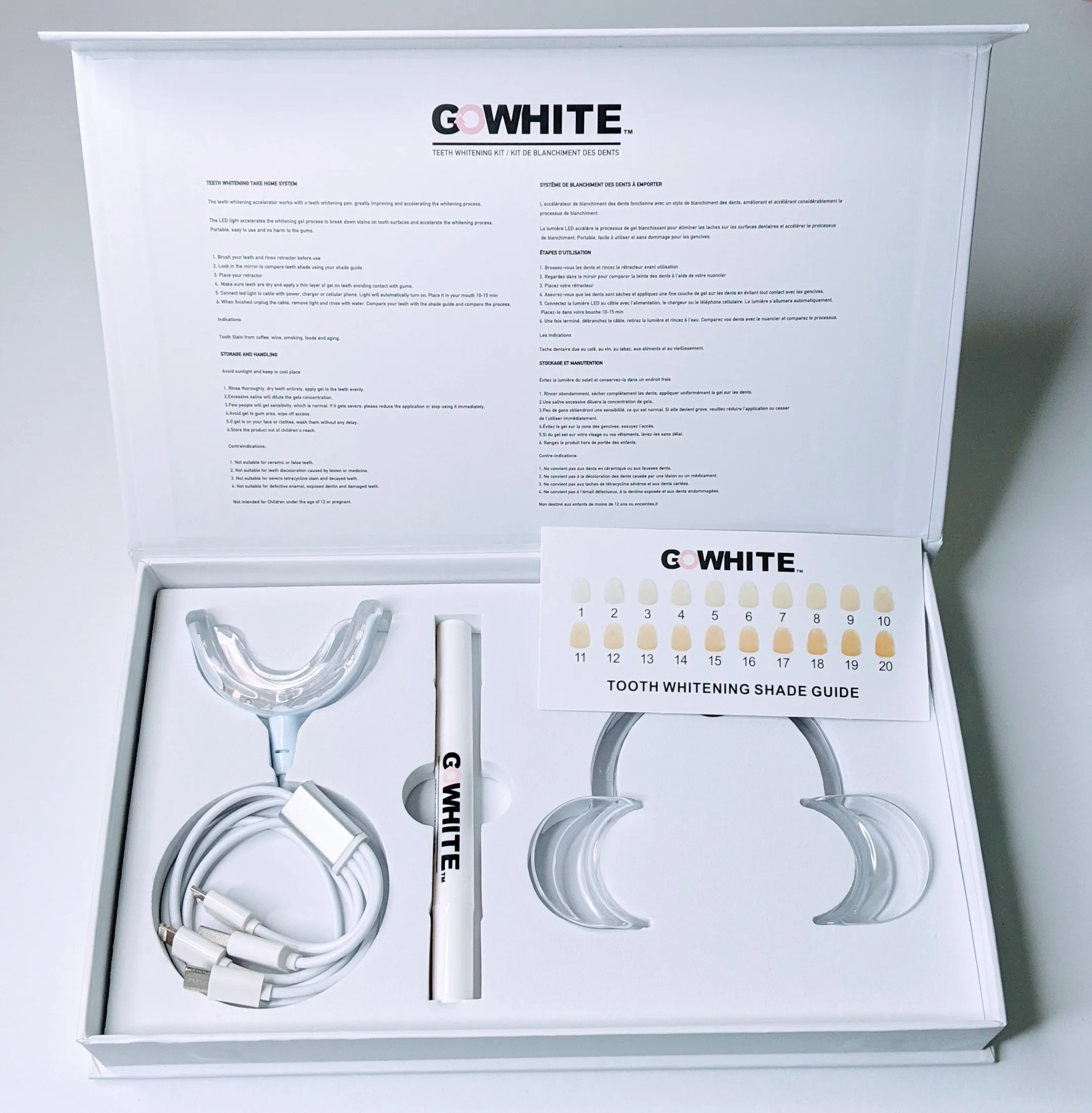
Chicken and turkey are excellent protein choices. They are naturally white and do not pose a risk of staining. Ensure that you prepare them in a way that avoids dark sauces or marinades. Grilling, baking, or boiling are preferred methods, and the meat can be seasoned with white or clear spices, such as salt and pepper. Using chicken or turkey in your meals is a delicious and safe way to meet your protein needs.
Fish like Cod and Salmon
White fish like cod are ideal because of their light color and low pigmentation. Salmon, while pink, is also a good choice, provided it is prepared simply and not marinated in dark sauces. Avoid any cooking methods that involve dark spices or ingredients, such as grilling with barbecue sauce. Baking or steaming are good options to preserve the natural color and flavor while keeping your teeth safe. Ensure that you opt for simple preparations for the best results.
Dairy Alternatives
Dairy alternatives can be a safe and nutritious way to add protein and calcium to your diet after teeth whitening. These are less likely to cause staining and can contribute to overall oral health. Dairy products such as yogurt and certain cheeses offer essential nutrients while posing minimal risk to your newly whitened teeth. However, always choose white or clear varieties to avoid any potential discoloration.
Plain Yogurt
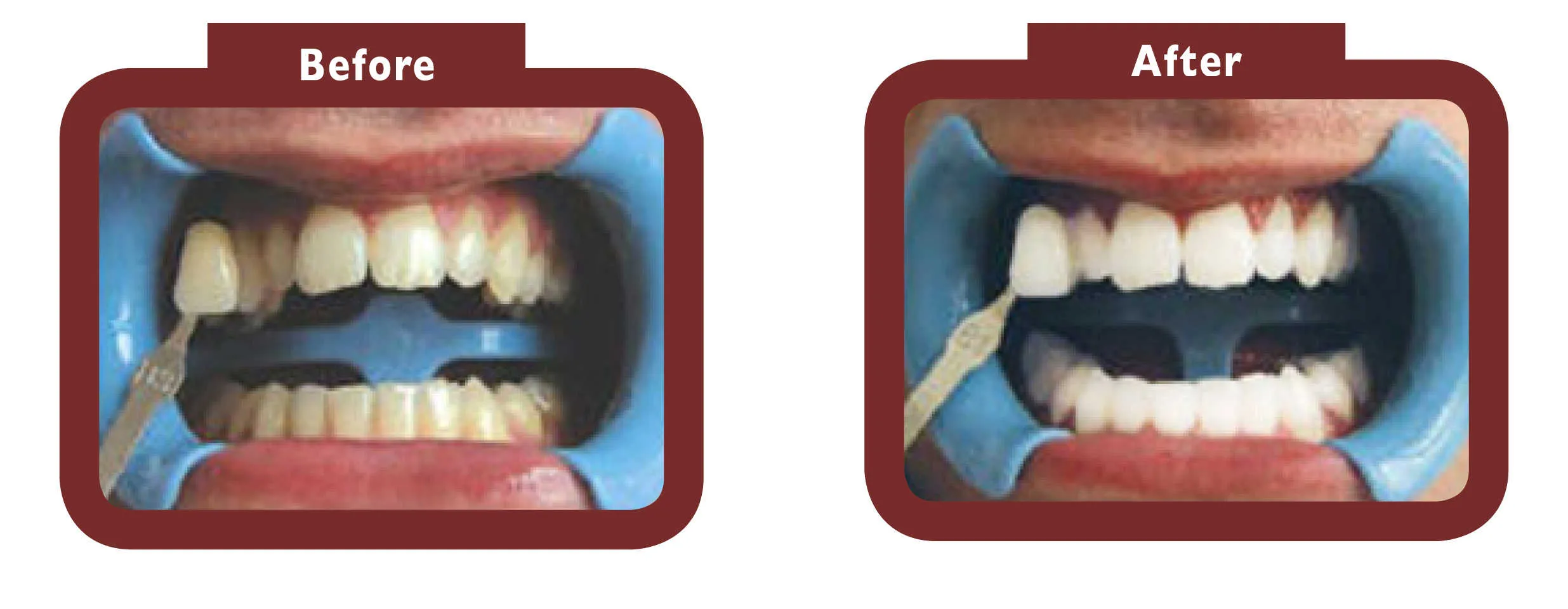
Plain yogurt is an excellent choice. It’s light in color and packed with probiotics and calcium, which are beneficial for your teeth and overall health. Make sure you avoid yogurts with added colors or fruit, as these can stain your teeth. Choose brands without added sugars to further improve your health. You can also add white fruits, such as bananas or a small amount of honey, to add flavor.
White Cheese
White cheeses like mozzarella or cottage cheese are also safe options. They are low in pigmentation and provide essential nutrients. Avoid cheeses with artificial colors or strong flavors, as they might contain substances that could stain your teeth. Enjoying these cheeses in moderation can be a great way to vary your meals while sticking to the white diet. Pair these cheeses with appropriate ingredients.
Pale-Colored Grains and Starches
Incorporating grains and starches into your diet is important for providing energy. Opting for lighter colored options helps ensure your teeth stay bright. Choosing the right grains and starches offers a versatile and safe foundation for your meals. Consider the preparation method to make certain that no staining agents are used. These choices offer energy and nutrients while protecting the color of your teeth.
White Rice
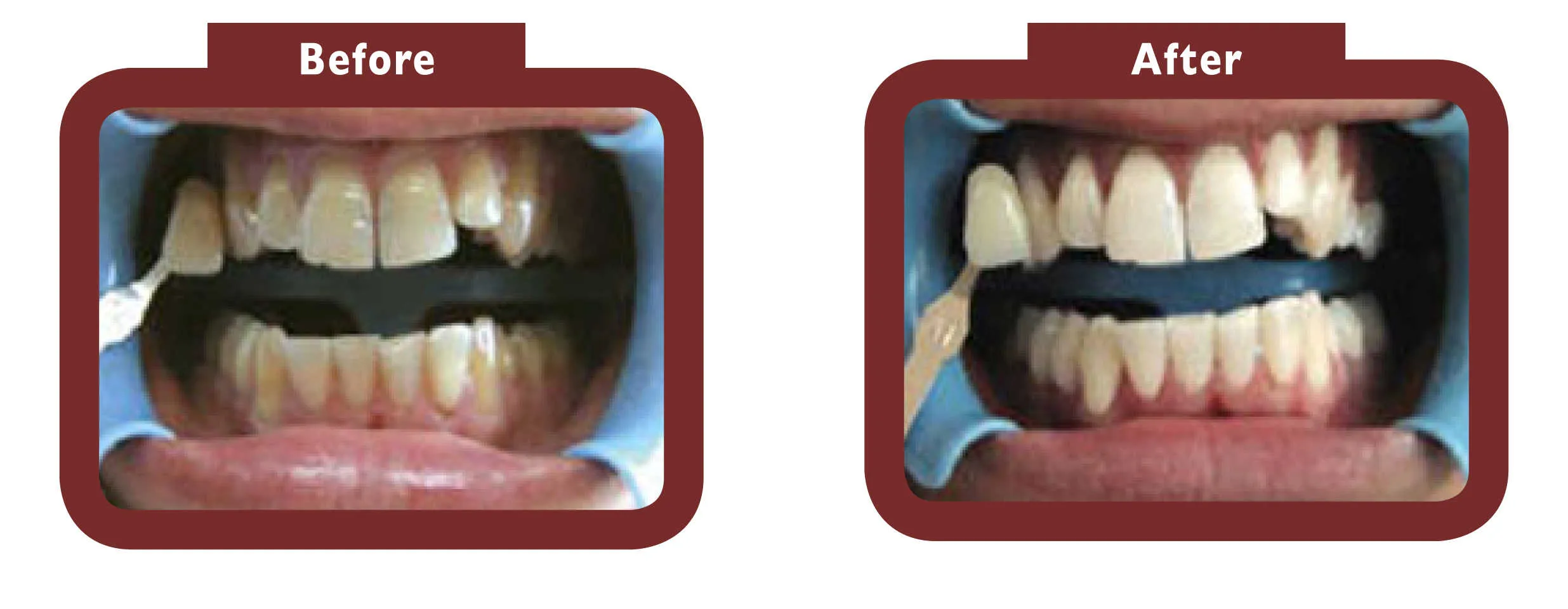
White rice is a safe and versatile option, offering a neutral base for your meals. It is light in color and easy to digest. Make sure you cook it plainly, avoiding any sauces or spices that could potentially stain your teeth. White rice provides carbohydrates for energy, and is a great addition to your white diet.
Plain Pasta
Plain pasta is another good choice. It offers energy and can be paired with safe sauces or ingredients. Cook your pasta al dente and avoid adding any dark or pigmented sauces. This will make sure you are keeping your teeth safe. Plain pasta offers a great alternative to rice in your diet after laser teeth whitening.
Hydrating Fruits and Vegetables
Eating hydrating fruits and vegetables provides essential vitamins and minerals while keeping you hydrated. Choose options that are light in color to minimize the risk of staining. Hydration and essential nutrients are important for your overall health and for maintaining the brightness of your smile. Eating these options gives you a tasty and safe way to maintain your diet.
Bananas
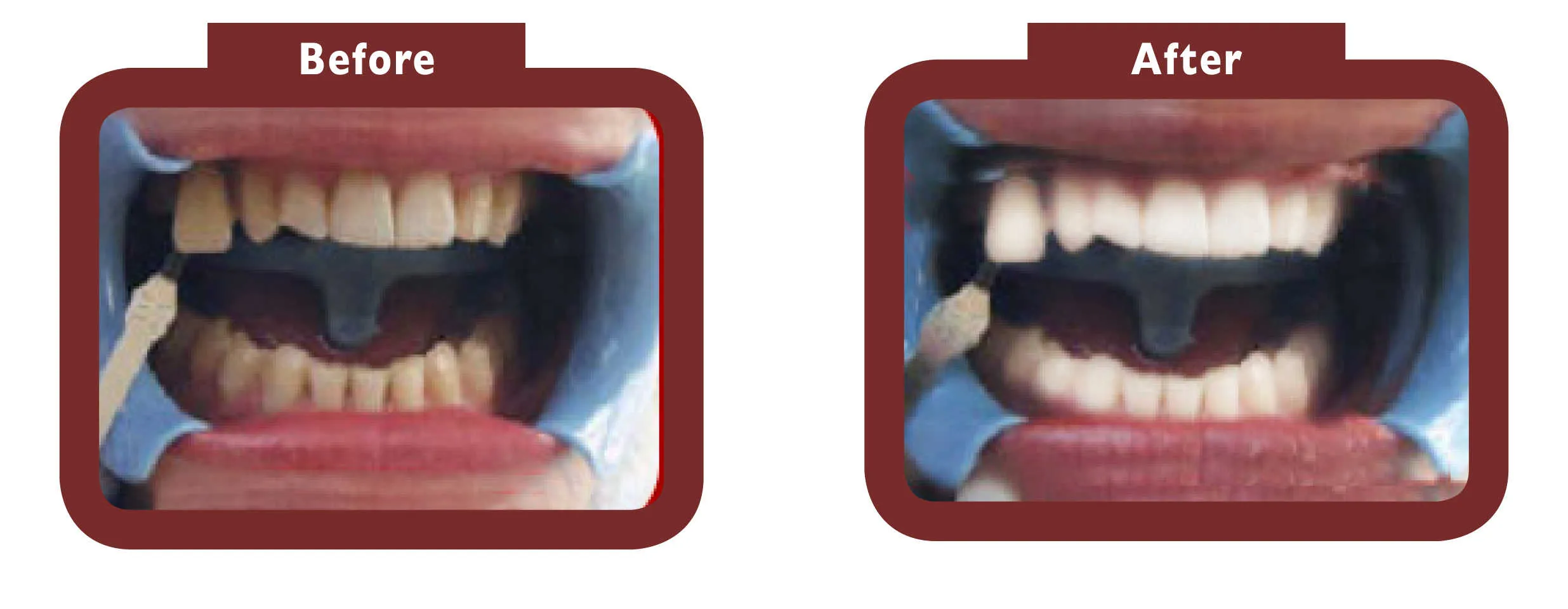
Bananas are a great option for their light color and nutritional benefits. They are easy to eat and provide essential nutrients. Enjoy them on their own or with other safe foods. Avoid any fruits that have strong pigments.
Cooked Cauliflower
Cooked cauliflower is a versatile and safe vegetable. It is light in color and can be prepared in many ways. Steaming, boiling, or roasting are all safe options as long as you avoid dark seasonings. Cauliflower is a great way to add variety to your diet.
Foods to Avoid After Laser Teeth Whitening
Avoiding certain foods is crucial for preserving the results of your laser teeth whitening treatment. The goal is to prevent any new stains from forming on your teeth, allowing you to enjoy your bright smile for as long as possible. This involves a careful selection of what you eat and drink, especially during the first few days and weeks following the procedure. Consider your long-term results to aid in making these choices. The following should be avoided.
Highly Pigmented Foods
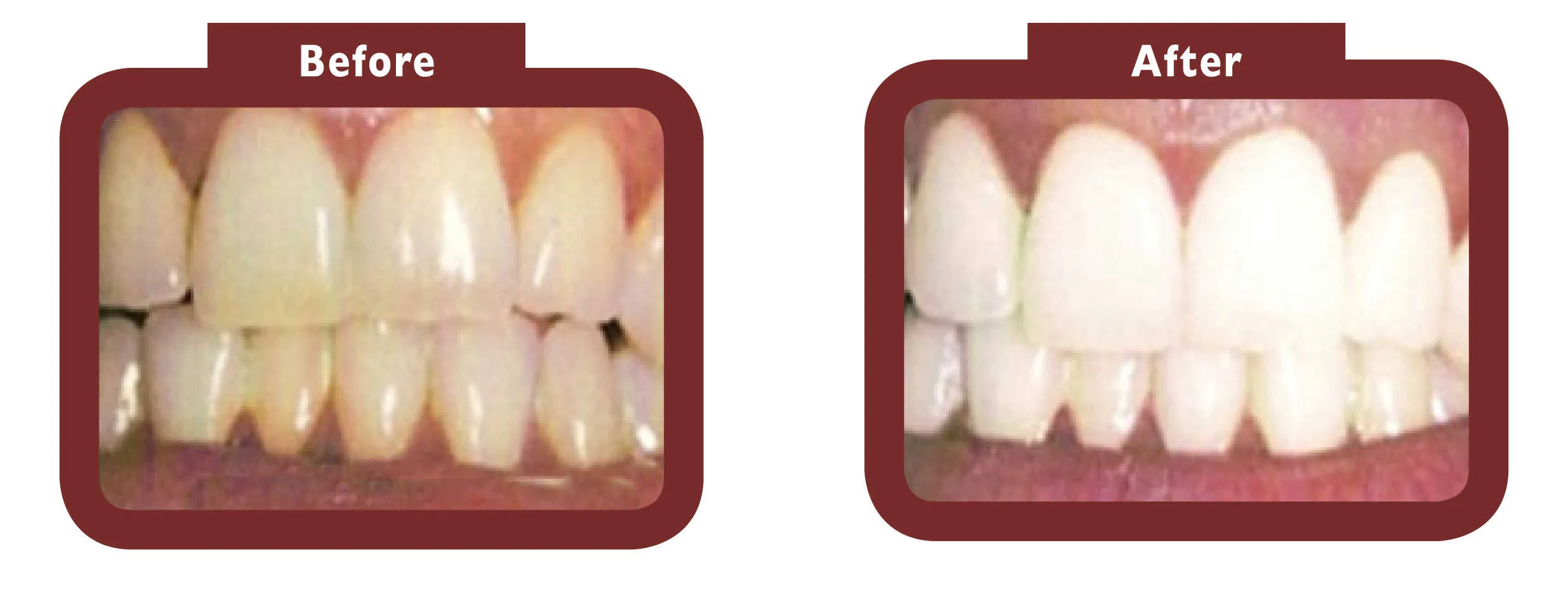
Highly pigmented foods are the biggest culprits when it comes to staining your teeth. The pigments in these foods can easily seep into the porous enamel of your teeth, causing discoloration. Making an effort to avoid these foods is a significant step in protecting your teeth. It’s important to be aware of the potential risks involved with eating certain foods and to choose alternatives to minimize the chances of staining your teeth.
Dark Sauces
Dark sauces, such as soy sauce, balsamic vinegar, and even tomato-based sauces, are notorious for staining teeth. These sauces contain strong pigments that can quickly darken your newly whitened smile. It is best to avoid these for a few weeks after the treatment. The pigments in these sauces can seep into the enamel, causing discoloration.
Colorful Fruits and Vegetables
Certain fruits and vegetables, such as berries, beets, and spinach, are high in pigments that can stain teeth. While these foods are nutritious, they should be avoided or consumed with caution, particularly during the initial aftercare period. Be careful with the preparation to minimize the risk of staining.
Dark Beverages
Dark beverages are a significant source of staining, so it’s essential to limit or avoid these drinks to maintain the results of your teeth whitening treatment. These drinks are concentrated sources of pigments and can quickly affect the color of your teeth. Making informed decisions regarding beverage choices can help you keep your bright smile for a long time. This will provide a significant advantage to your overall oral health and appearance.
Coffee
Coffee is a well-known culprit for staining teeth due to its dark pigments. The frequent consumption of coffee can lead to yellowing or discoloration over time. Cutting back on coffee consumption, or even avoiding it entirely for the first few weeks, can significantly improve the outcome of your laser teeth whitening treatment. Always make an informed decision about your consumption.
Tea
Tea, especially black and green tea, contains tannins that stain teeth. While herbal teas are a better choice than black tea, even they can contribute to staining if consumed in large quantities. It’s best to opt for clear or white beverages. Consider your tea consumption to protect your teeth.
Colored Drinks
Colored drinks like sodas, juices, and sports drinks are also high in pigments. These can contribute to staining and should be avoided to preserve your white smile. These drinks are also high in sugar. Your teeth are more prone to damage after laser teeth whitening, so these drinks should be avoided.
The Aftercare Timeline
Understanding the aftercare timeline helps you manage your diet and lifestyle effectively after laser teeth whitening. The first few days are the most critical, but ongoing maintenance is essential to maintain the results for the long term. Following this guideline can help ensure the longevity of your bright smile. By adhering to the timeline, you provide your teeth with the time they need to recover. Consider your long-term results.
First 24 Hours
During the first 24 hours, follow the strictest dietary restrictions. Only consume clear liquids and very light-colored foods to minimize staining risk. Avoid all foods and beverages that contain color or pigment, including coffee, tea, and dark sauces. This initial period is the most important to help your teeth recover and stabilize.
First Week
During the first week, gradually reintroduce foods from the ‘safe’ list. Continue to avoid highly pigmented foods and beverages. Monitor your teeth for any signs of staining and adjust your diet accordingly. Stick to lighter choices and slowly add variety to your diet. Your teeth will become less susceptible to staining over time, but being cautious during the first week is essential.
Long-Term Maintenance
After the first week, you can gradually reintroduce more foods into your diet. However, it’s still important to be mindful of potentially staining foods. Moderation is key, and rinsing your mouth with water after consuming these foods can help minimize staining. Regular dental check-ups and good oral hygiene practices, such as brushing and flossing, will help maintain your bright smile. This long-term maintenance will keep your teeth bright and healthy.
